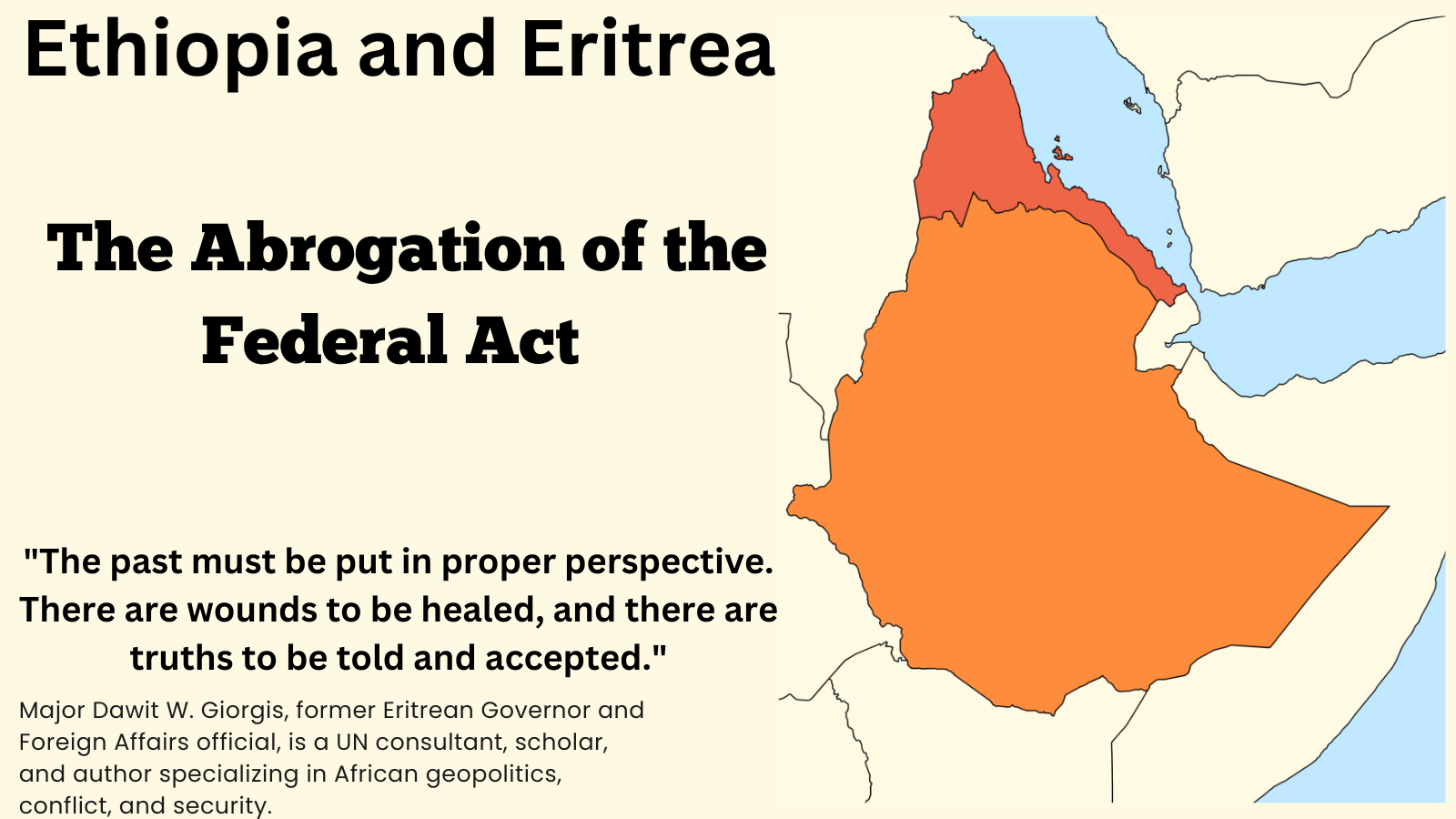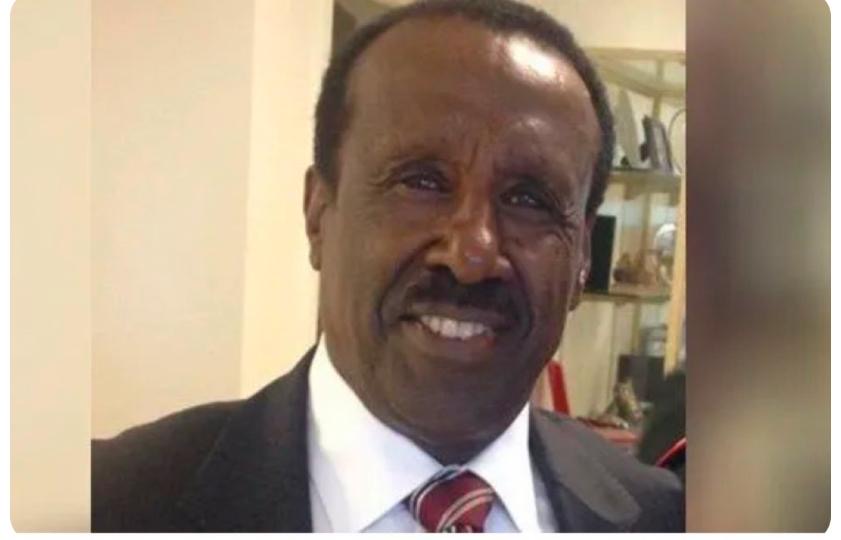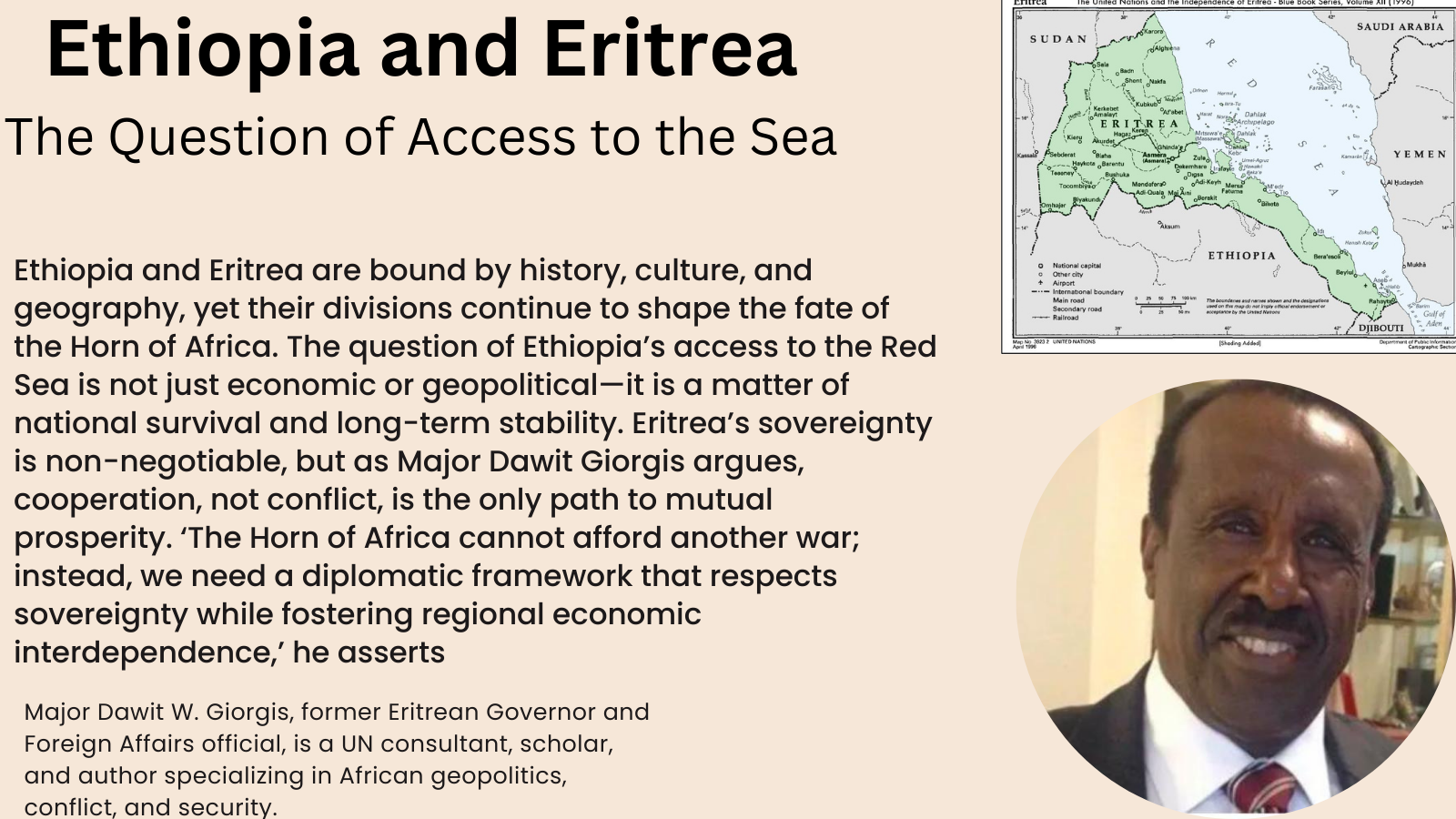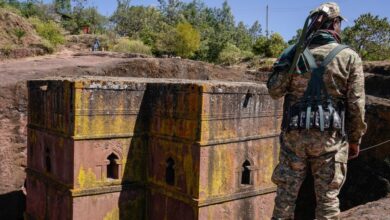Ethiopian Civil Society Under Attack: Human Rights Defenders Targeted with Harassment and Forced Exile
Ethiopia’s Civic Space Shrinks: Human Rights Groups Suspended Amid Government Crackdown
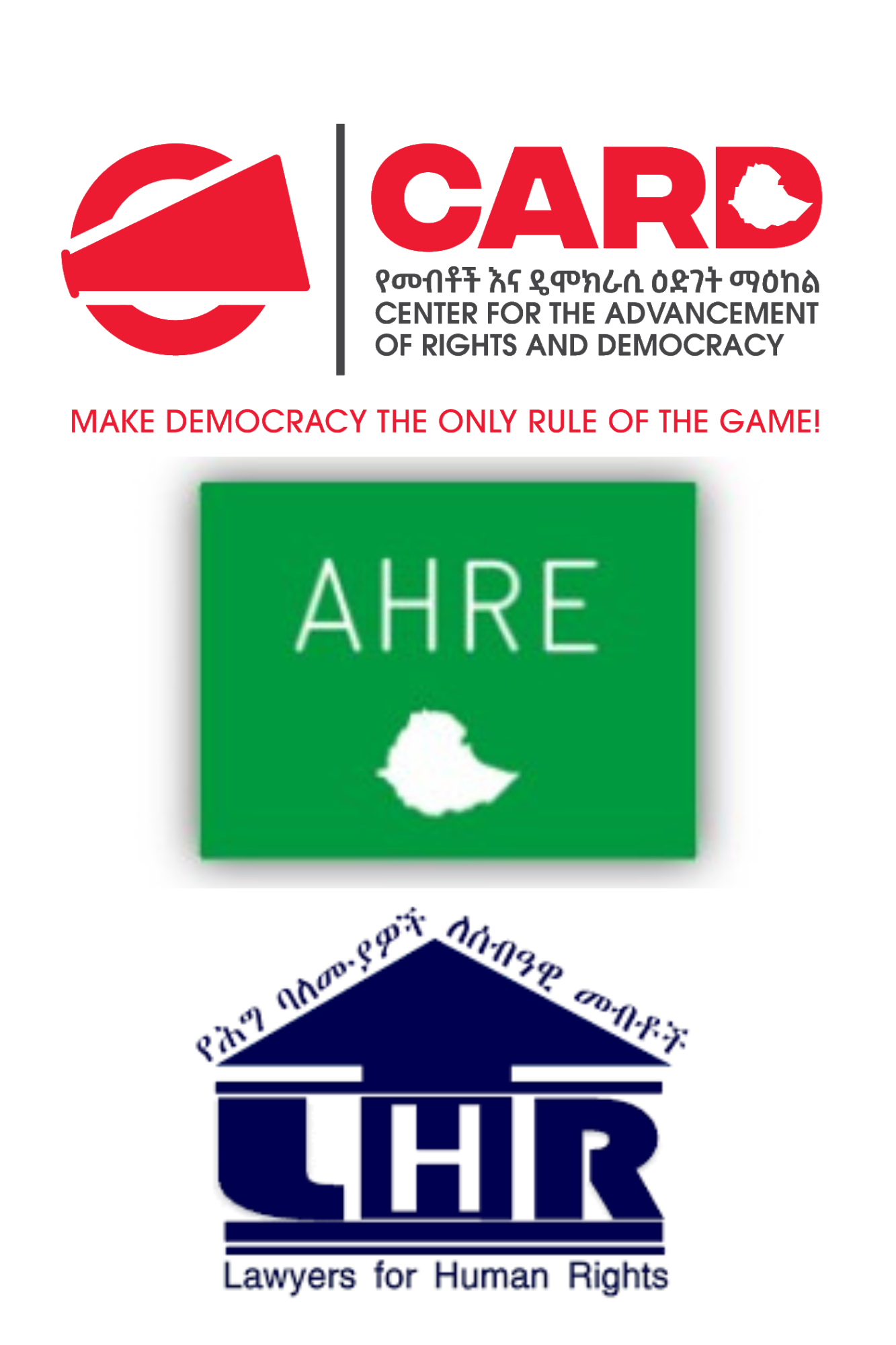
Addis Ababa, Ethiopia — The Ethiopian government’s mounting crackdown on civil society has drawn sharp criticism from human rights defenders and international watchdogs. Recent actions include the suspension of three prominent organizations and escalating harassment against human rights defenders, a troubling trend that threatens the very fabric of Ethiopia’s democracy.
On Tuesday, Amnesty International condemned the suspension of the Association for Human Rights in Ethiopia (AHRE), the Center for Advancement of Rights and Democracy (CARD), and Lawyers for Human Rights (LHR). These organizations, critical in monitoring abuses and advocating for justice, were accused by authorities of “lack of political neutrality” and “engaging against the national interest.”
Leaders of prominent organizations, including Atnaf Birhane of the Center for Rights and Democracy Development, Eden Feshana of Human Rights in Ethiopia, Meseret Ali, and Dan Yerga , have reported repeated instances of harassment and threats from security forces. The Ethiopian Human Rights Council (EHRCO) echoed these concerns, detailing systematic violations aimed at undermining human rights advocacy in Ethiopia.
A Pattern of Intimidation
Human Rights Defenders for Peace noted that the attacks on civil society organizations are part of a broader government effort to weaken the civic environment. Activists face threats, arrests, and restrictions on their activities, with many forced to flee the country. EHRCO’s June 2024 report highlights similar trends, documenting grave violations, including intimidation, defamation campaigns, and restricted access to information. “These pressures are not just stifling the voices of activists but eroding the foundations of democracy and human rights in Ethiopia,” the organization said.
The suspensions and harassment come amid a broader government effort to suppress dissent and limit the role of independent civil society organizations. Amnesty International’s Regional Director for East and Southern Africa, Tigere Chagutah, criticized the Ethiopian government’s actions, calling the allegations against the suspended organizations “vague and unsubstantiated.”
“The federal government should immediately reverse these suspensions, which are in violation of the human rights to association and freedom of expression,” Chagutah said.
Weakening Civil Society
The crackdown on civil society coincides with Ethiopia’s ongoing war in the Amhara region. Reports of mass arbitrary detentions, forced evictions, and targeted violence underscore the critical role of human rights organizations in documenting abuses. Yet, the government’s actions appear aimed at silencing these voices, creating a chilling effect on human rights advocacy.
The government’s actions, according to EHRCO, violate its obligation to respect and protect basic rights. The suppression of human rights defenders has created a climate of fear, further discouraging the active participation of civil society organizations in promoting accountability and justice.
“By impairing freedom of assembly and expression, the government is undermining the country’s democratic aspirations,” EHRCO stated.
Global Implications
Both Amnesty International and EHRCO have called for urgent international intervention. Amnesty urged Ethiopia’s development partners to adopt a rights-centered approach in their engagement with the government. It also called on the UN Human Rights Council to establish mechanisms to investigate and document violations in the country’s conflict zones.
“The suspension of these three prominent human rights organizations highlights a growing crackdown on civic space, compounded by the lack of accountability for recent targeting of human rights defenders,” Chagutah said.
EHRCO echoed these concerns, warning that Ethiopia’s democratic aspirations risk being undermined by the government’s continued hostility toward independent institutions.
The crackdown on civil society in Ethiopia mirrors a broader global trend where authoritarian regimes seek to consolidate power by suppressing dissent. This raises urgent concerns about Ethiopia’s democratic future, particularly in light of its recent political transition and promises of reform.
A Call for Solidarity
As Amnesty International and other stakeholders call for solidarity, the resilience of Ethiopia’s civil society remains critical. Without immediate action to protect human rights defenders and restore civic space, Ethiopia risks sliding further into repression, with long-lasting consequences for its democracy and the rule of law.
This coordinated international advocacy underscores the urgency of protecting civil society in Ethiopia, as the nation’s future hinges on ensuring freedom of expression, association, and the right to dissent.

